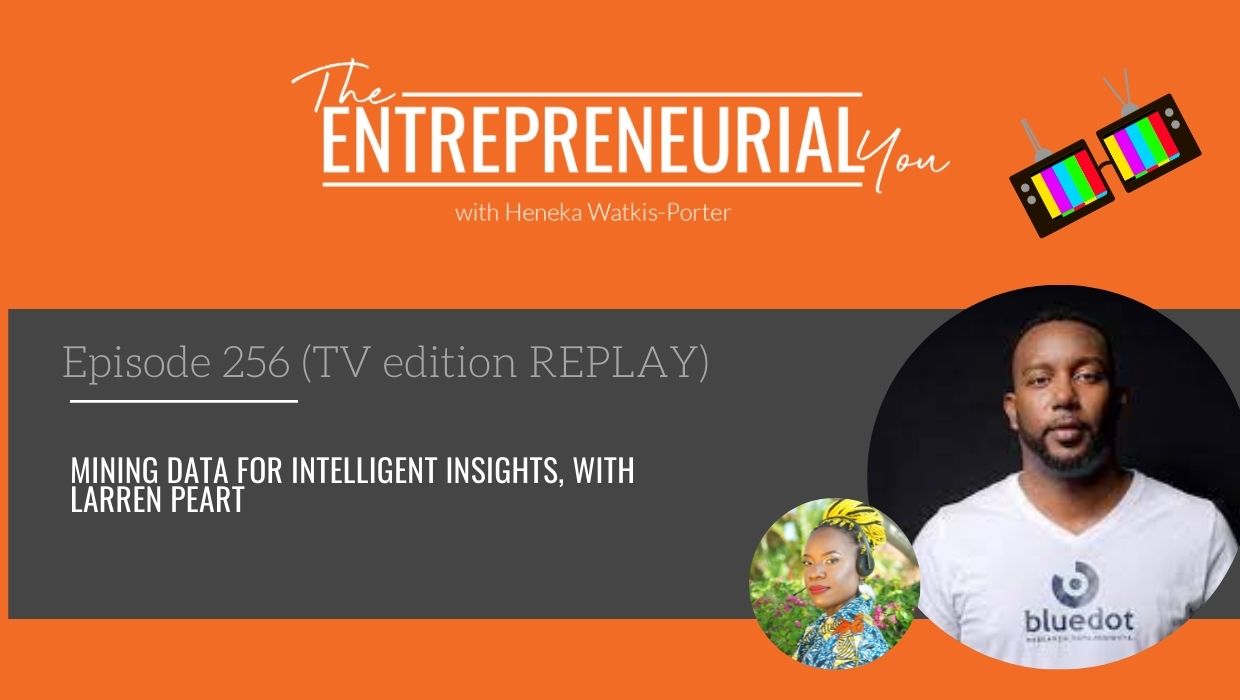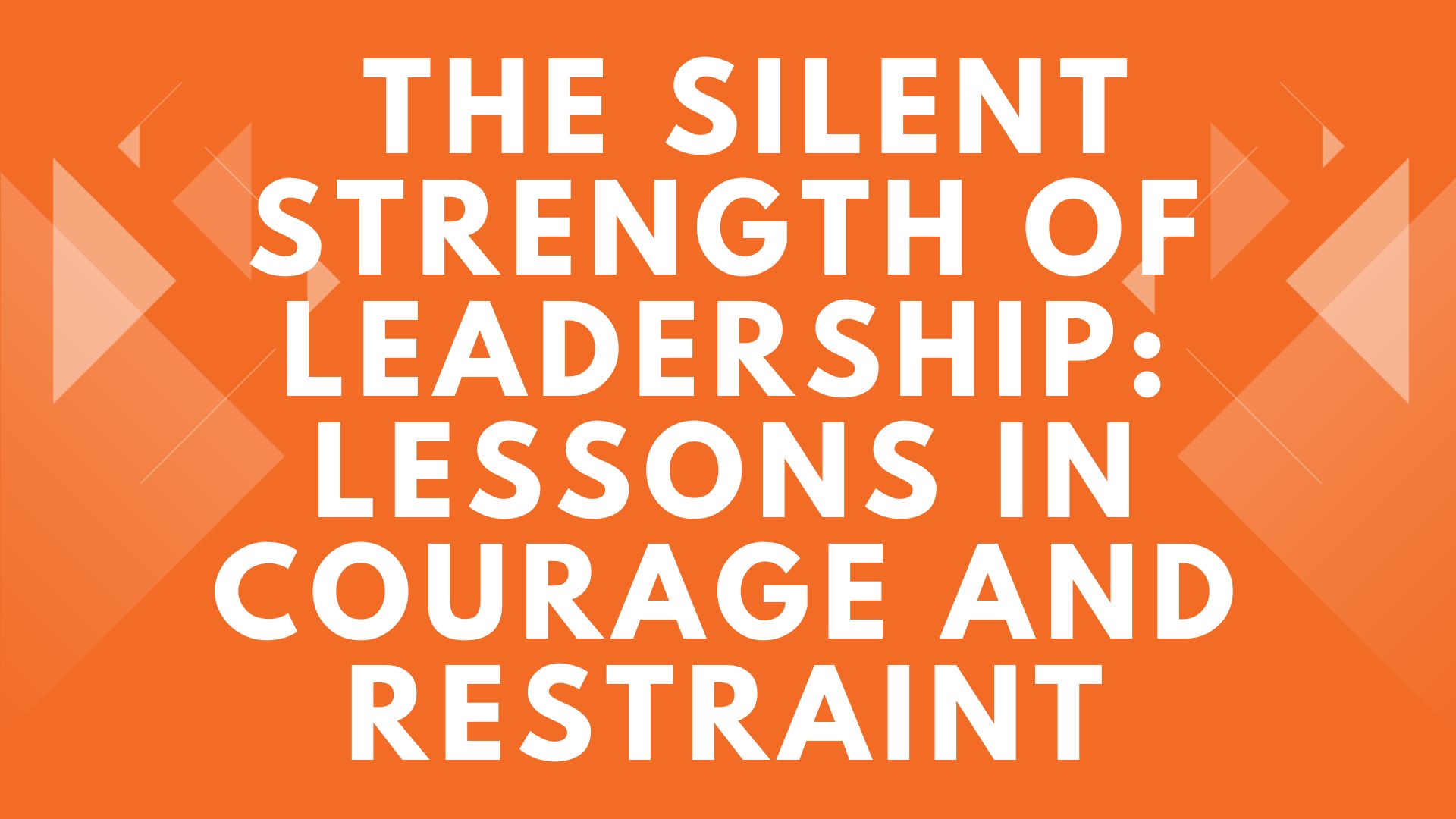It’s fair to say that Larren Peart is a data guru who has chartered new boundaries and prospects with data-driven analytics and insights, made accessible in unprecedented ways through his business Blue Dot, full-service market research and strategy consulting company. Founded in 2014, less than 7 years ago, Blue Dot is already making waves, claiming the majority market share for data insights in Jamaica and attracting heavyweight support from the Branson Centre of Entrepreneurship, Yes Iyah and SSL Venture Capital Limited just to name a few. Blue dot is strategically poised to become a future leading market research entity and today we’ll find out from its founder, exactly what’s helping this business to thrive.
Trending Now: Artificial Intelligence
Most people think of science-fiction and human-like robots when they hear the term Artificial Intelligence (AI). Well, that only obtains in Hollywood. In the real world, Artificial Intelligence refers to a computer system equipped with intellectual processes that allow machines to discover meaning, generalize, learn from experience and adjust to new inputs. Deep learning and natural language processing are key components of the AI set up and these technologies allow computers to be trained to accomplish specific tasks.
The term artificial intelligence was coined in 1956 but the hype around AI has accelerated in recent times, due to increased data volumes, advanced algorithms, and improvements in computing power and storage. More and more industries are growing in demand for AI capabilities including healthcare, retail, manufacturing and banking.
While the definition of AI gets more complex and extensive, we’re gonna try and share some examples of specific uses of Artificial Intelligence applications in everyday processes and hope they give you a better understanding of what we’re working with.
For one, smartphones use AI to provide services that are as personalized as possible. Virtual assistants answering questions, providing recommendations and helping organize daily routines are some examples. Language translation software relies on artificial intelligence to provide and improve translations. In addition, smart thermostats learn from human behaviour, how to save energy and although self-driving vehicles are not yet standard, some cars already use AI-powered safety functions in their mechanics. In the fight against covid-19, AI has been used in thermal imaging in airports and in medicine, it can help recognise infection from computerized tomography lung scans.
By this rate, AI is sure to heavily impact the future development of health, cybersecurity, auto and creativity to name a few. So it’s not a question of when…but how these will be implemented and embedded in our daily activities.













